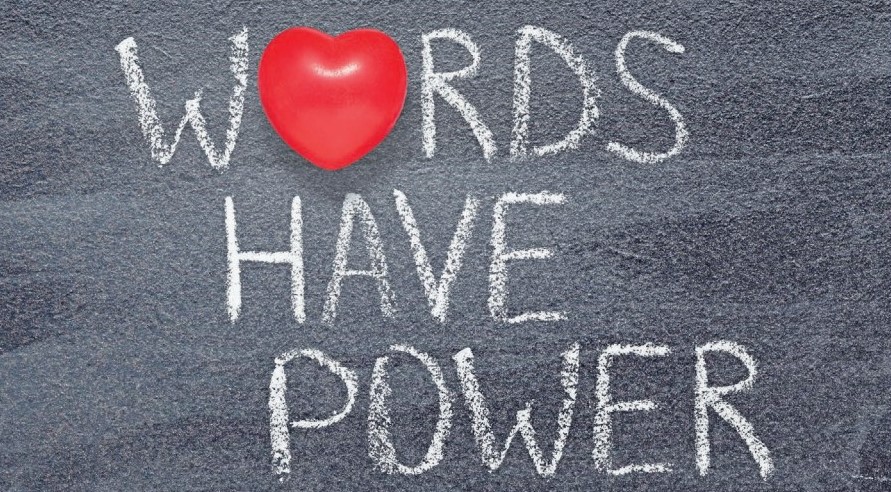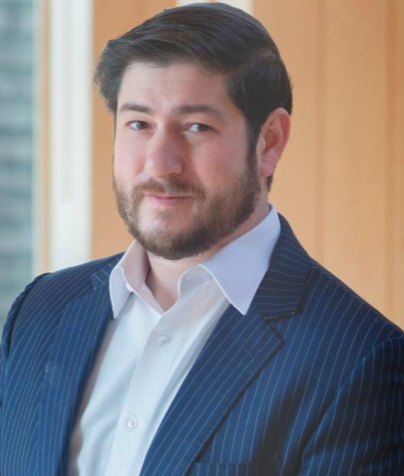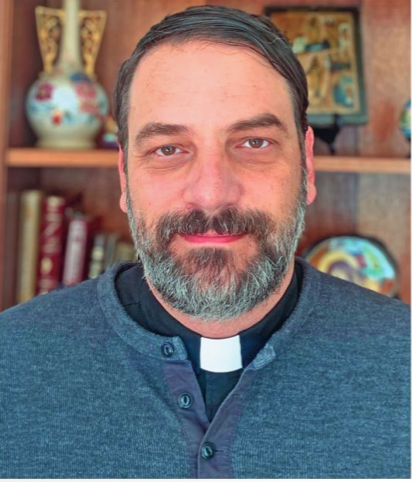Hamptons Soul: The Value of Speech

Rabbi Josh Franklin of the Jewish Center of the Hamptons and Father Constantine Lazarakis of the Dormition of the Virgin Mary Greek Orthodox Church of the Hamptons discuss cancel culture and the responsibility of free speech.

Rabbi Josh Franklin
While we cherish the freedom of speech, every freedom has its legal limits. Society also enforces social limits that denounce racism, bigotry, homophobia and antisemitism. If you lace your speech with hatred, you may find yourself socially ostracized. But a new era has emerged popularly dubbed “cancel culture.” Cancel culture isn’t just calling out hate speech. It’s what we are seeing when people disengage and boycott a person, organization or institution for general views with which they disagree or find offensive. But worse, this isn’t just a reprimanding or holding someone accountable for something they say, cancel culture seeks to ruin people’s lives, destroy companies, expunge artistic expression and burn down bridges an individual or organization might use toward redemption and forgiveness.
Our institutions and their leadership aren’t always going to get the message right. People slip up, say the wrong thing, but they will hopefully use their failure to pursue growth. If we demand flawlessness and perfection, we are just asking to be let down. We hold people accountable for their words past and present, intentional and unintentional, but to expect that people will never say the wrong thing, is a standard no one can live up to.
When the fear of getting canceled hangs over the heads of our academics, politicians and public personalities, we have also curtailed the kind of open and honest conversation that generates thoughtful commentary and novel ideas. Cancel culture is not an expression of freedom of speech; it’s an assault upon rigorous dialogue. In his book Morality: Restoring the Common Good in Divided Times, Rabbi Jonathan Sacks writes: “We need direct encounters with other human beings. We have to be in their presence, open to their otherness, alert to their hopes and fears, engaged in the minuet of conversation, the delicate back-and-forth of speaking and listening.”
Dissent should pave avenues of engagement. Cultures that value freedom ensure that even contrarian voices are listened to and respected.

Father Constantine Lazarakis
Words are powerful. This is true on a variety of levels. Everyone remembers, with vivid clarity, a time when someone’s words cut to the bone, or made us blush. Age-old adages bear witness to the power of words: Socrates said, “False words are not only evil in themselves, but they infect the soul with evil.” And we all know the old cliché, “The pen is mightier than the sword.” A close reading of Genesis reveals that God’s Word is the active agent in creation. “God said, ‘Let there be light,’ and there was light.” There is power in the word.
As Americans, the first amendment grants us extraordinary power. Each of us is guaranteed the right to wield the power of the word. Lately, we have seen an alarming abuse of this profound power. In an age that has been referred to as “post-truth,” and in which absurdities are routinely posted to social media and then repeated on mass media (sometimes even by those entrusted with civic authority and service), the misuse of this power sews division and instability.
What then can be the counterbalance to free speech? In Marvel’s Spider-Man, Peter Parker’s Uncle Ben admonishes the fledgling superhero, and us, that, “With great power, comes great responsibility.” This phrase dates to the French revolution and was re-articulated by Winston Churchill. In the New Testament, St. James warns that the tongue is like the rudder of great ship, a tiny instrument determining the course of huge vessel. Freedom of speech is a bedrock of American Freedom but divorced from responsibility to the truth or wielded with malice, it can be one of the most destructive forces. And so, we must always tether our words the truth and to love…and we should expect no less from our leaders.



